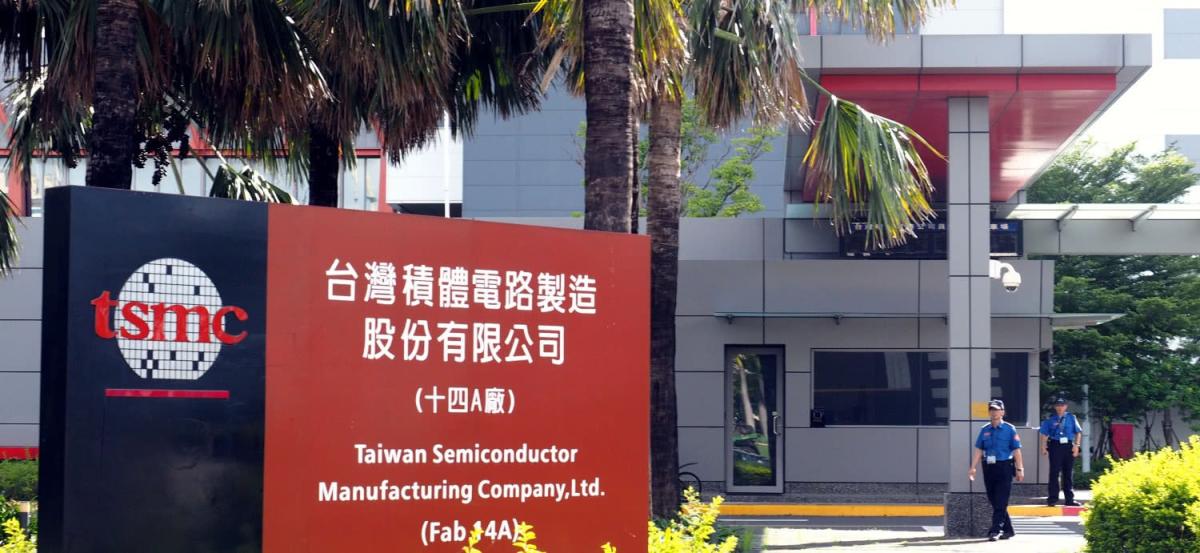- State launches panel to study climate implications of pension system investments
- Durham begins re-investment in Hayti corridor
- InvestCloud claims industry first with private-markets account offering
- College Student With $400K In Stocks Grown In Just 4 Years Gets Mixed Reddit Advice – ‘Should I Max Out My Roth IRA And Invest In S&P 500?’
- Kelyniam Global Secures Growth Capital Through Private Stock Offering to Fuel 2025 Expansion Plans
Japanese billionaire Masayoshi Son, the CEO of SoftBank, is talking about making a $100 billion investment in the U.S. At his meeting with President Donald Trump in Mar-a-Lago, Son pledged $100 billion and 100,000 jobs. This reflects how Japan is warming up to working with Donald Trump as a strategic ally against the influence of China. The US has helped the Taiwanese chipmaker TSM set up its fabs within the country, but that could expand to a bigger scale if the partnership with Japanese investors materializes.
You are viewing: SoftBank’s $100bn US Investment Could Change The US Tech Landscape, Here’s How
Taiwan Semiconductor Manufacturing Company (TSM), established in 1987, is the world’s top producer of technology computer chips. TSM has a specialty in the production of electronic chips for a number of applications such as cell phones, car signal systems, and supercomputing. The revenue comes mainly from the production of chips through cutting-edge technologies. The giant’s unique business model tends to provide contract manufacturing for renowned companies like Apple, Nvidia, and AMD.
Pixabay/Public Domain
See more : SoftBank pledges $100bn AI investment in the US
The investment by Son is expected to be obtained from SoftBank’s Vision Fund or Arm Holdings, where SoftBank owns a significant stake. Meanwhile, Taiwan Semiconductor Manufacturing Company (TSM) announced to expand its Arizona-based operations by constructing a third factory, bringing its U.S. investment to $65 billion. The project is being financed concurrently by the U.S. government, which will provide $6.6 billion in subsidies and $5 billion in loans. It is designed to assist in the local production of semiconductors, which will lead to a decrease in reliance on Asian countries, particularly China.
The U.S. Chips Act draws attention to the vital need for independence of the nation in the semiconductor industry, especially at a time when there are tensions with China. By implicitly joining forces with Japan and Taiwan, America is developing a strong interconnected system to checkmate China’s upfront domination as far as semiconductor production is concerned. This alliance goes beyond the economic dimension, it’s indeed a method of leveraging geopolitics.
The partnership with Japanese businesses could have more implications for the US tech industry than just the creation of jobs. Son’s SoftBank has a 90% stake in Arm Holdings, the same company that is going to court this week for its dispute with Qualcomm. Considering the fact that the US wants to focus on defeating China in AI developments, it doesn’t make sense that one of its key AI equipment makers is embroiled in a legal battle with a company belonging to a strategic ally. One can therefore expect a swift resolution of the licensing dispute by the end of this week.
Source: https://magnacumlaude.store
Category: News

